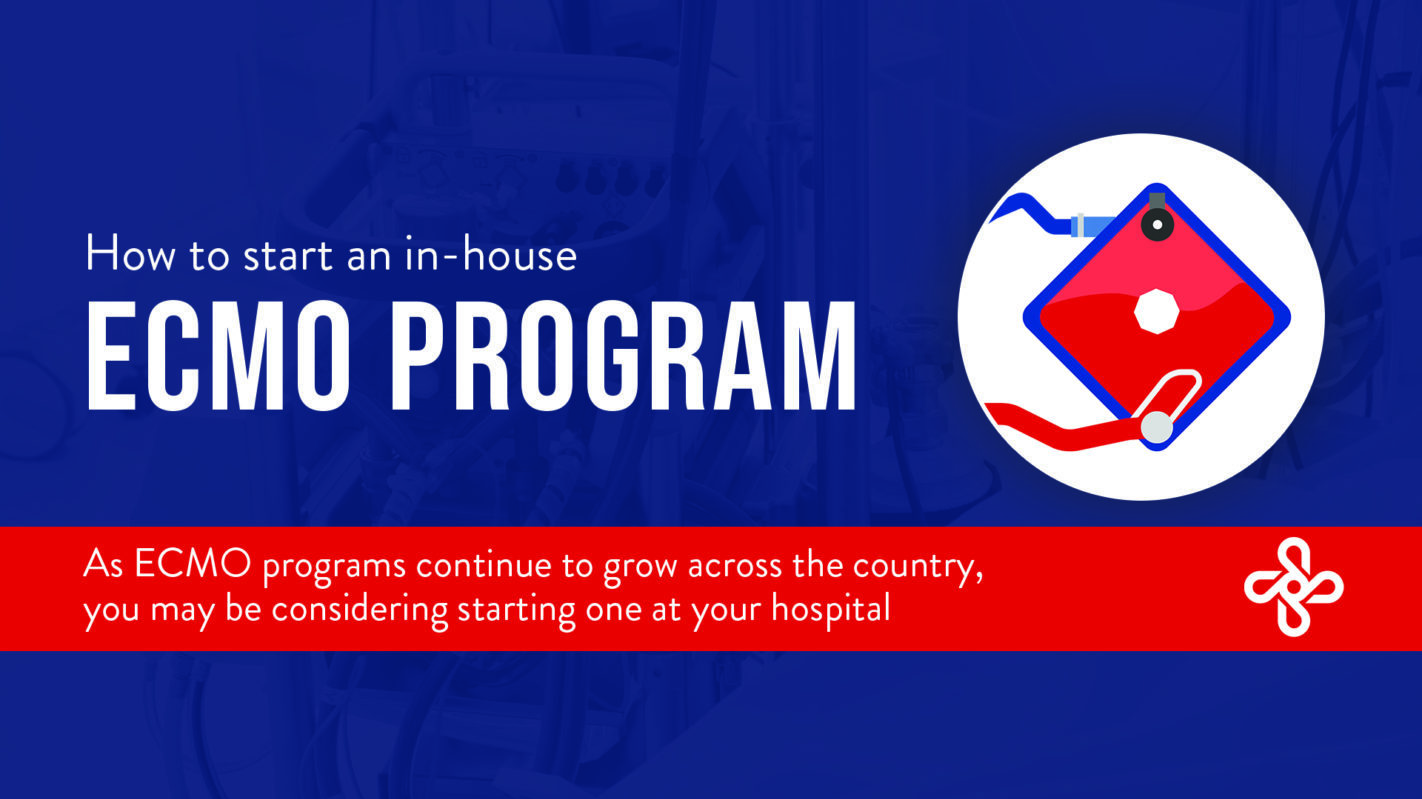
Data suggests that there will continue to be a perfusion shortage across the entire United States. It’s encouraging to see the number of new graduates emerging into the perfusion industry; however, it still does not diminish the number of perfusionists who are or will retire in the very near term. While we believe that the shortage could eventually minimize, we still have a long way to go.
DOWNLOAD FREE INFOGRAPHIC
Today we see perfusionists being stretched beyond their focus in the cardiac operating room. More hospitals are increasing their ECMO patient load or are deciding to commence an ECMO program within their institution. With the advent of greater learnings about the vital use of ECMO, coupled with the COVID-19 pandemic and the increase in vaping across the country, we see a collision of different situations that will only continue to exacerbate the clinical need for ECMO to be available and applied when and where needed in hospitals across the country. SpecialtyCare has been seen as an early leader in the research on COVID-19 patients supported with ECMO, and we readily share these clinical findings with our partnered hospitals across the US.
It may seem logical for the perfusion team to manage ECMO patients throughout their continuity of care. However, this may not be the most efficient and cost-effective healthcare management prospective. Perfusionists are needed in the cardiac operating room. When perfusionists are managing ECMO patients, on an ongoing basis, cardiac procedures may be either delayed or canceled. This creates challenges for the cardiac program, the OR, the cardiac surgeon, the cardiac team and most importantly, the patient. It is SpecialtyCare’s mission to ensure that no cardiac case has to be canceled due to a perfusionist having to sit bedside for long durations of time managing the ECMO patient.
SpecialtyCare has proven success in helping hospitals migrate to a RN/RT-led ECMO program model. RN/RT ECMO specialist staffing models are being implemented to help alleviate perfusionist staffing limitations. RNs/RT’s have experience treating patients who need specific life support therapies. Since most busy intensive care units have a high volume of RNs and RTs, the addition of ECMO pump and circuit monitoring might not require substantial investment in human resources and staff expansion. While the use of RNs and RTs could be seen as potentially less expensive, a substantial investment is needed in extensive ongoing education and training to maintain competence.
SpecialtyCare’s commitment to ECMO is a response to our dedicated ECMO service line, which allows us to provide education, consulting, and staffing to help support hospital ECMO programs. Our goal is to keep your perfusionists in the operating room and to keep ECMO patients at your facility. We collaborate together on an ECMO infrastructure that will meet your needs — efficient, cost-effective, and staffed properly with highly-trained RN/RT ECMO specialists.
In today’s clinical environment, SpecialtyCare offers ECMO program development, implementation and management customized to the unique needs of each hospital. We listen, learn, and develop the best approach to ensure a successful ECMO RN/RT lead patient-care model. We also help hospitals start up their own unique ECMO program on-site. To learn more, download our infographic on starting an ECMO program.
Need an Expert ECMO Consultation?
If you’d like an expert assessment of your current ECMO program or your capacity to start one successfully, please get in touch with our team. SpecialtyCare conducts thorough reviews and provides consultation to help you know exactly what to do to get your ECMO program running smoothly. We can also place highly trained perfusionists, surgical leaders, and coordinators at your hospital to manage the program.



Comments are closed.